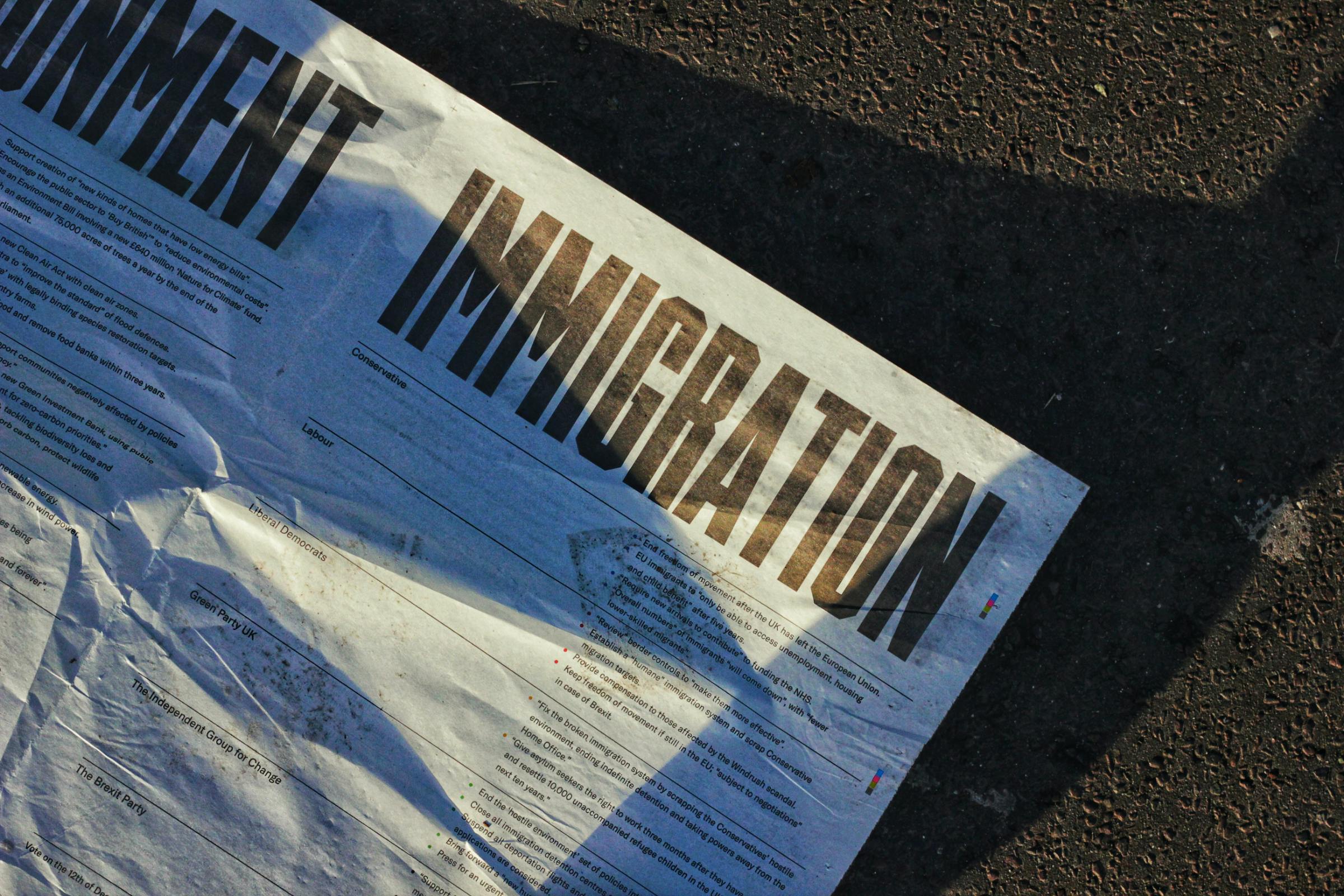The Call for Reform in Immigration
Between the substantial backlog of green cards and the fiasco that was the H-1B visa lottery in 2023, there’s no doubt that drastic changes are necessary. Part of the fix is already in place as USCIS speeds up the employment-based green cards to jump countries that have waited for years for their cards substantially forward.
But this is a temporary fix, and the outdated immigration system needs a permanent overhaul.
As of the new bulletin’s release, EB-1 Priority Workers in India see a five-year advance to January 1, 2017. China has a short wait with a date set of February 15, 2022, and the rest of the countries are current.
EB-2 Advanced Degree Professionals also jump forward, with India advancing one year to remain at the still backlogged January 1, 2012, China moving to October 1, 2019, and everywhere else up to July 8, 2022.
EB-3 Professionals and Skilled Workers are moving forward but still delayed at December 1, 2021, for everyone by China (January 1, 2020) and India (May 1, 2012). EB-5 Investors in Unreserved Categories are current for everyone except India (December 15, 2018) and China (October 1, 2015).
In general, these are all solid forward moves. But are they enough?
Employment, Family, and Other Green Cards
The problem with the system is that there are strict caps on how many green cards are allotted per fiscal year to each category. Within those categories, there’s another limit as to how many green cards are available per country.
With so many individuals waiting to adjust their status from an employment-based visa to a green card, there are rarely any “extras,” and there is consistently more demand than supply. However, since COVID, there have been thousands of unused family-based visas, which are applied to the employment-based category, explaining the jump forward.
Once the family visa petitions settle back to normal, this won’t be the case. USCIS predicts next year, there will be a decline in available employment-based green cards, and by the following year, it may be limited to the cap. In the big picture, this means that the system will quickly return to its previous state with more applicants than openings, and we’ll return to the long delays with no “fix” in sight.
Short of another global pandemic stopping the flow of new petitions or an overhaul in the green card program, we’re set to return to another logjam of delays within the next two years.
What’s Next?
Regardless of where you stand in line in the waitlist for your employment-based green card, the good news is that if you have an H-1B visa and you’ve filed an approved I-140 petition, you shouldn’t need to return to your country of origin.
Under US immigration law, you can extend your H-1B visa as long as it takes to file your green card application if the only delay is that your priority date is not current. You may also have other options to stay in the US while you’re waiting for a green card. Talk to our expert legal attorneys at Visa2US to find out what opportunities you have as soon as possible to ensure you continue to be in legal H-1B visa status.














